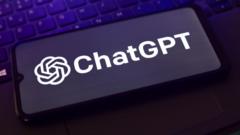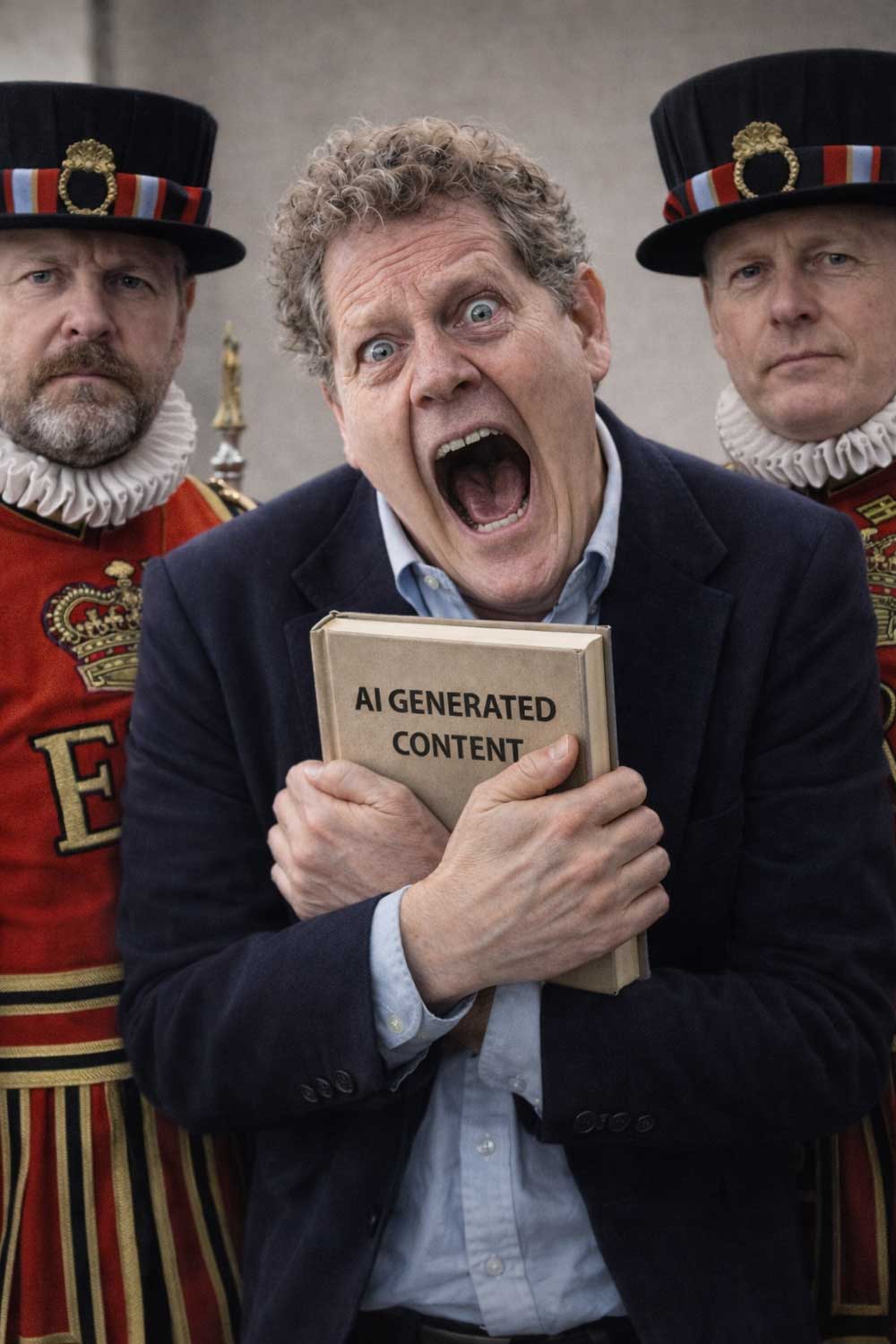In a landmark case for Canadian journalism, major news outlets such as the Toronto Star, CBC, and The Globe and Mail have banded together to sue OpenAI, the company behind the AI chatbot ChatGPT. They allege that OpenAI unlawfully scrapes news articles to train its technology, thereby infringing on copyright laws. This type of legal action is unprecedented in Canada, highlighting growing concerns over AI's impact on journalism.
The media coalition argues that the practice of using journalistic content without consent not only threatens the integrity of journalism but also violates copyright protections. They are seeking damages of C$20,000 ($14,300; £11,000) for each article used without permission, which could result in liabilities totaling billions of dollars. The group has also called for OpenAI to disclose profits earned from using their content and to cease using news articles in the future.
OpenAI, on its part, defends its practices, stating that its models are trained on publicly available information and that it operates under fair use principles. The company emphasizes its efforts to work collaboratively with media publishers and provides options for them to opt out of data usage.
This lawsuit mirrors a similar dispute in the United States involving the New York Times and other media entities, where issues of copyright infringement by AI companies have also been raised. As AI technology continues to evolve and integrate itself within various sectors, the battle over ownership and usage rights of creative content is likely to intensify, adding pressure on tech companies like OpenAI to navigate these legal challenges in Canada and beyond.





















